Hydraulic jacks are essential tools for lifting heavy loads, such as vehicles, machinery, and other equipment. Whether you need a jack for personal use in a garage or for professional, heavy-duty applications, choosing the right type and capacity of hydraulic jack is crucial for safe and effective lifting. This guide will walk you through the various types of hydraulic jacks, key features to consider, and tips for selecting the best jack for your specific needs.
Hydraulic jacks come in different designs to cater to various lifting requirements. Here’s a look at some of the most common types:
Bottle Jacks: These are compact, powerful jacks with a vertical lifting design. They’re ideal for high-capacity lifting in situations with enough clearance and are often used for trucks, SUVs, and industrial applications.
Floor Jacks: Known for their low profile and horizontal design, floor jacks are versatile and suitable for vehicles with low ground clearance, such as cars. They’re popular for use in auto repair shops and garages.
Scissor Jacks: Though not hydraulic, scissor jacks are often included in this category for comparison. They’re lightweight, compact, and commonly used for emergency vehicle repairs. However, they don’t provide the same lifting power as hydraulic jacks.
Transmission Jacks: Specially designed to help remove and install vehicle transmissions, these jacks have high lifting capabilities and allow for precise adjustments, making them essential for mechanics and automotive professionals.
8 Ton Hydraulic Double Ram Bottle Jack
The weight capacity of a hydraulic jack is one of the most critical factors to consider. Jacks are rated by the maximum weight they can lift, which typically ranges from 2 tons to over 50 tons for industrial-grade jacks. To ensure safety, choose a jack with a capacity that’s at least 25% higher than the heaviest load you plan to lift. For example, if you need to lift a vehicle that weighs 4,000 pounds, a 2.5-ton jack would be the minimum recommendation.
Each jack has a maximum and minimum lifting height, which determines how high and how low it can reach. Make sure the jack can achieve the required height for your specific application. For vehicles, this means it should be able to fit under the frame and lift the vehicle high enough for repairs or maintenance. Bottle jacks tend to have a higher maximum height but may not fit under low-clearance vehicles, whereas floor jacks are better suited for low-clearance applications.
A well-constructed hydraulic jack is essential for durability and safety. Look for jacks made of high-quality steel or aluminum, as these materials provide the best strength and durability. Steel jacks are sturdy and typically have a higher lifting capacity, while aluminum jacks are lighter and more portable. For heavy-duty applications, steel jacks are usually recommended for their robustness, while aluminum jacks are ideal for on-the-go or occasional use.
If you plan to transport your jack frequently, consider its weight and portability features. While bottle jacks are compact and easy to carry, floor jacks are usually heavier and more cumbersome to move. Some floor jacks come with wheels or handles, making them easier to transport within a workspace. Aluminum jacks are generally lighter than steel, offering a good balance of portability and strength.
Safety should be a top priority when selecting a hydraulic jack. Some jacks come equipped with safety mechanisms, such as overload valves that prevent lifting loads beyond the rated capacity. Locking mechanisms, release valves, and anti-slip pads also enhance stability and safety. Be sure to choose a jack with these features to minimize the risk of accidents during use.
Q: Which type of jack is best for low-clearance vehicles?
A: Floor jacks are ideal for low-clearance vehicles due to their horizontal design and low profile, allowing them to slide easily under cars with limited ground clearance.
Q: How often should I inspect and maintain my hydraulic jack?
A: Regularly inspect your hydraulic jack for signs of wear, oil leaks, and damage before each use. Routine maintenance, including checking and replenishing hydraulic fluid, ensures optimal performance and extends the life of the jack.
Q: Can I use a bottle jack for any vehicle?
A: While bottle jacks are powerful and versatile, they may not fit under vehicles with low clearance. They are best suited for trucks, SUVs, and other high-clearance vehicles.
Choosing the best hydraulic jack depends on the weight, height, and type of load you need to lift, as well as your preference for portability and safety. From bottle and floor jacks to specialized transmission jacks, each type serves a unique purpose. By considering weight capacity, lifting height, material, and safety features, you can select a hydraulic jack that meets your needs and ensures safe, efficient lifting. Whether you’re a DIY enthusiast or a professional mechanic, the right hydraulic jack is an invaluable tool for any heavy-lifting task.
Welcome to browse our hydraulic jacks and service details of custom hydraulic jacks, contact us.
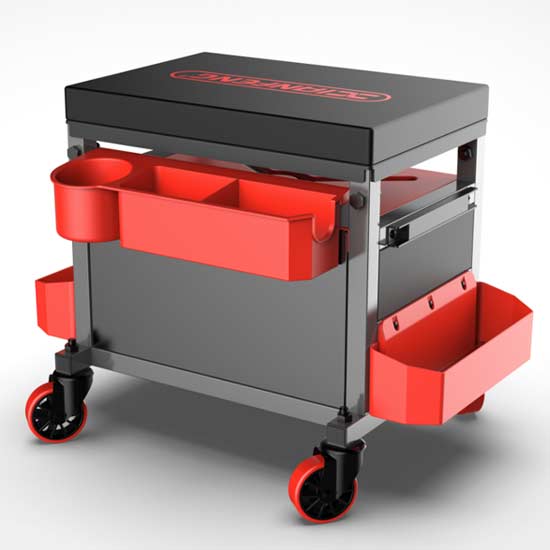 Tool seat
Tool seat
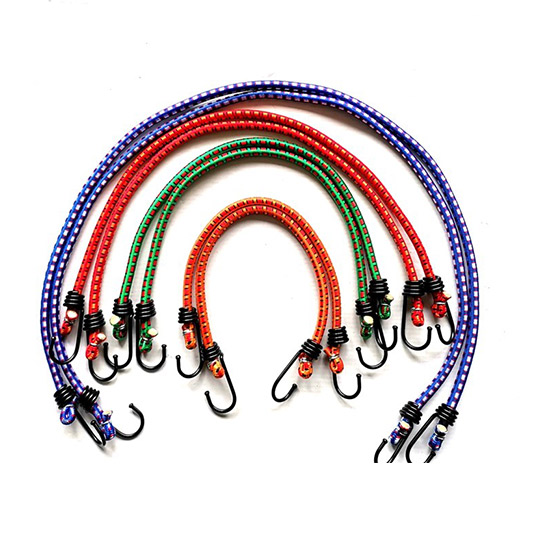 Stretch Cord
Stretch Cord
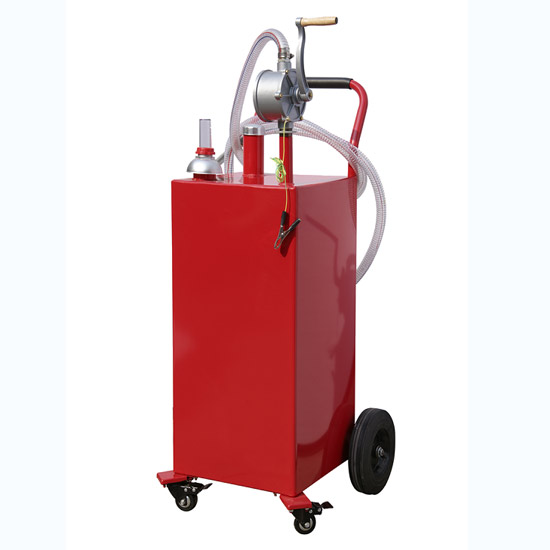 Oil Pump
Oil Pump
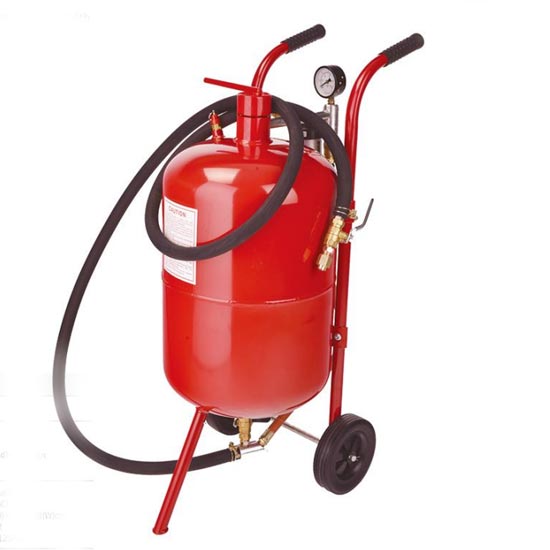 Sandblast Pot
Sandblast Pot
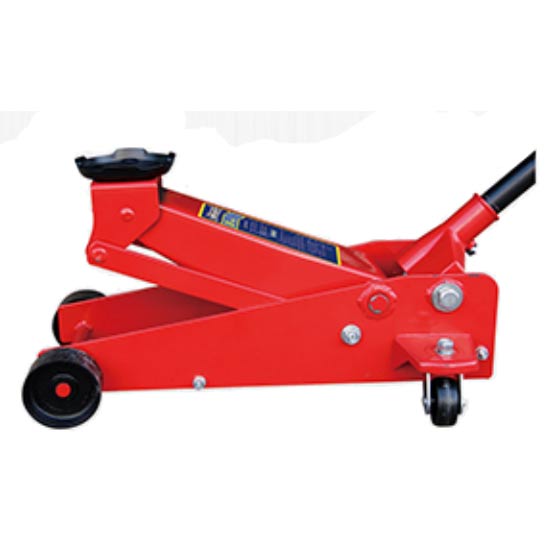 2.25 Ton Hydraulic Floor Jack
2.25 Ton Hydraulic Floor Jack
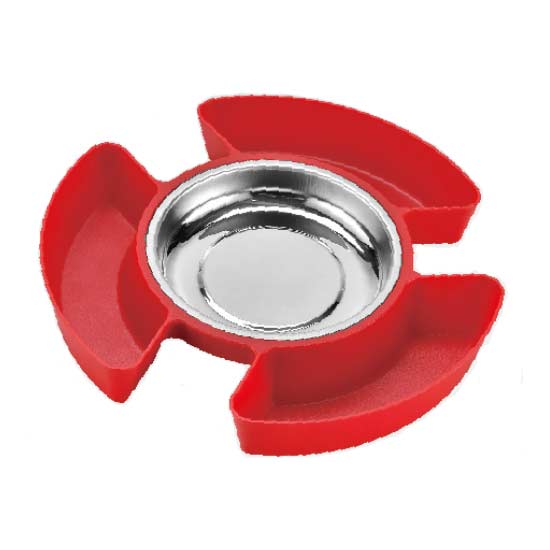 Magnetic Tray With Tool Plate
Magnetic Tray With Tool Plate
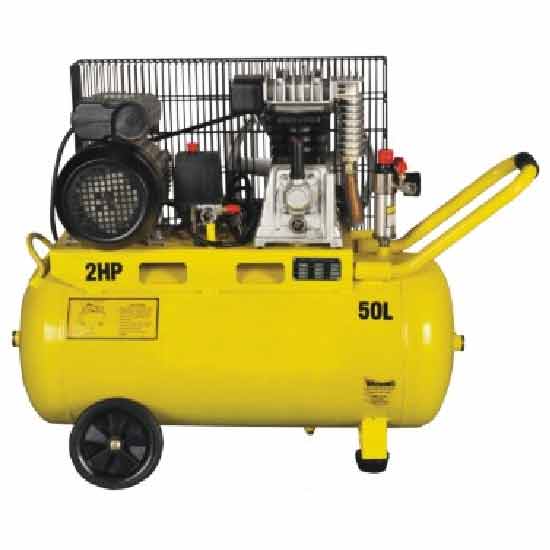 Single-stage Air-cool Movable Air Compressor
Single-stage Air-cool Movable Air Compressor
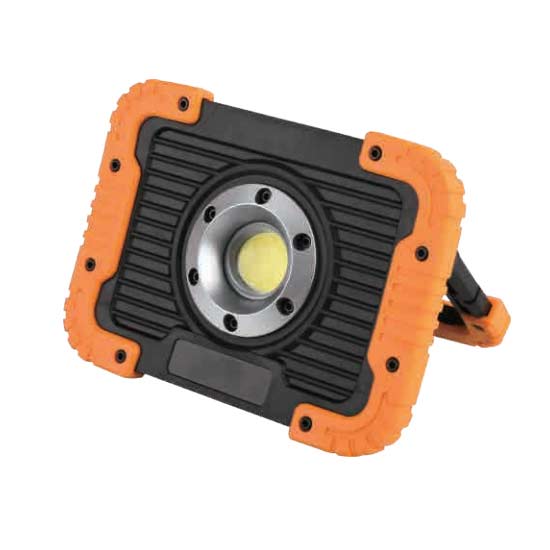 10W Rechargeable Led Flood Light
10W Rechargeable Led Flood Light
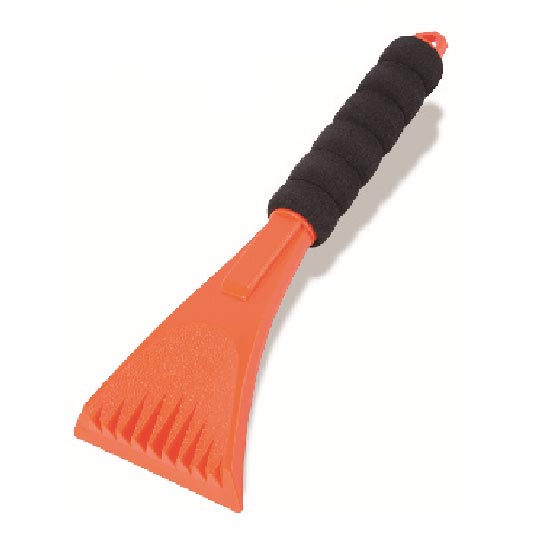 Ice Scraper
Ice Scraper
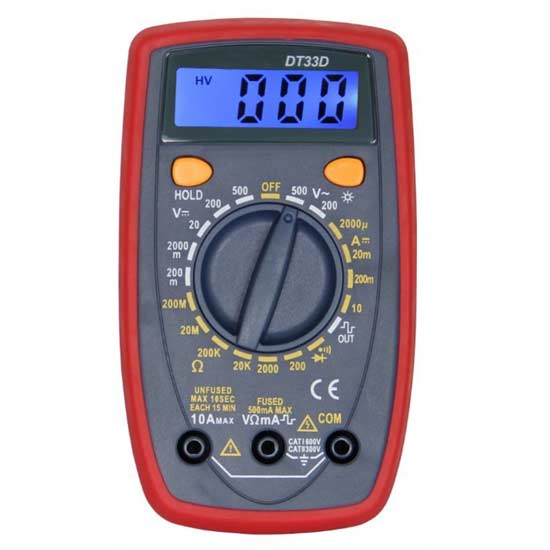 Small Multimeter with Backlight
Small Multimeter with Backlight
 Jump Starter With 4 Led Lights
Jump Starter With 4 Led Lights
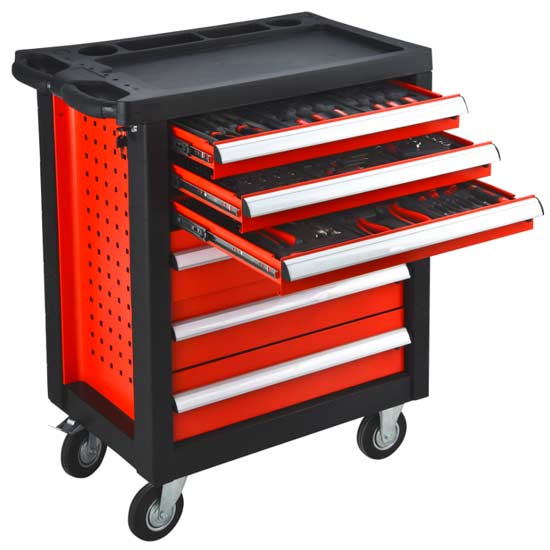 Steel Tool Cabinet
Steel Tool Cabinet
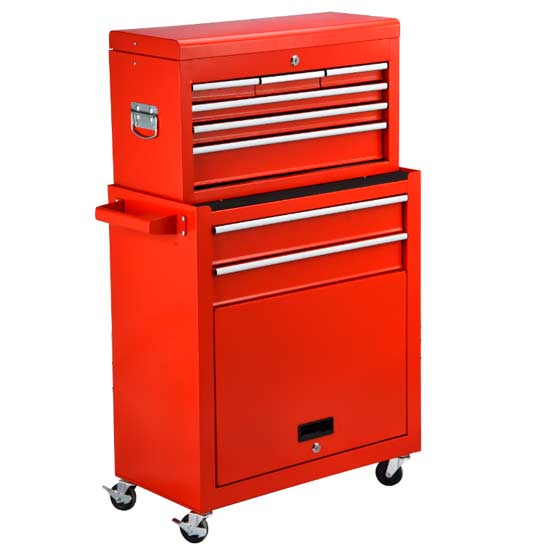 Large Tool Cabinet
Large Tool Cabinet
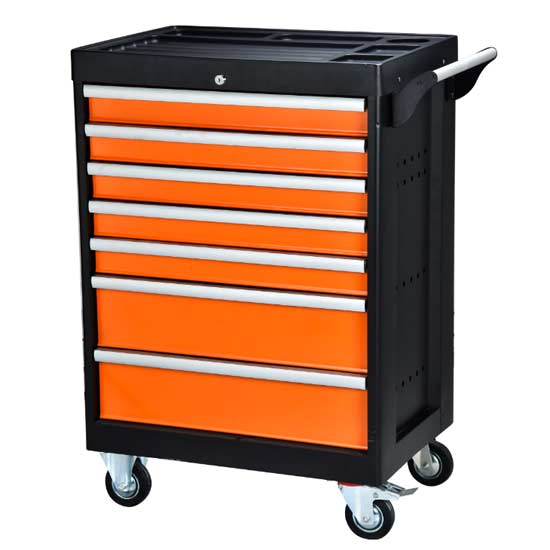 Tool Storage Cabinet
Tool Storage Cabinet
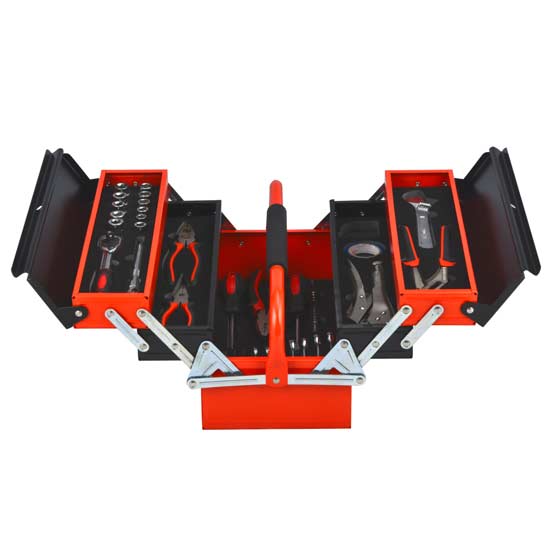 Metal Tool Box
Metal Tool Box
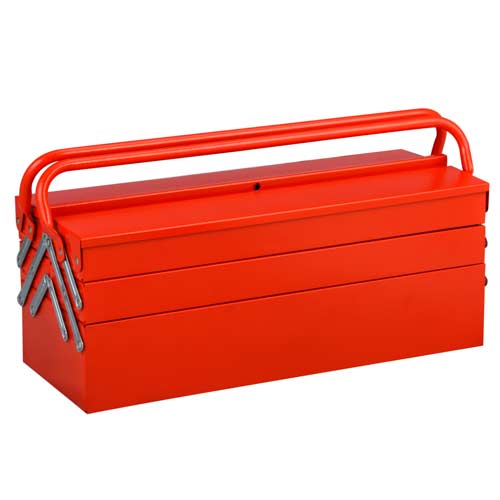 Large Metal Tool Storage Box
Large Metal Tool Storage Box
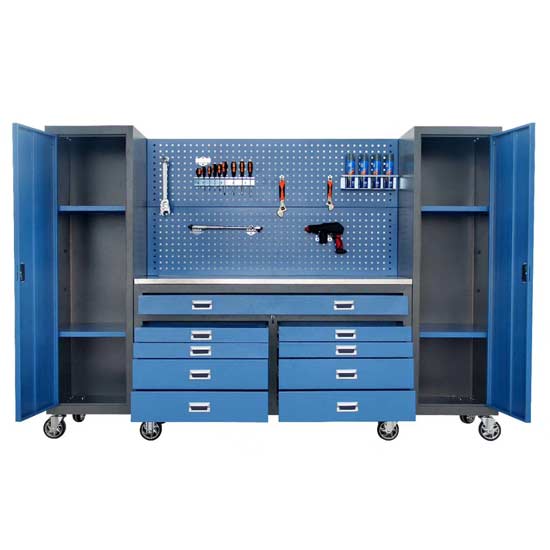 Blue Metal Tool Cabinet
Blue Metal Tool Cabinet
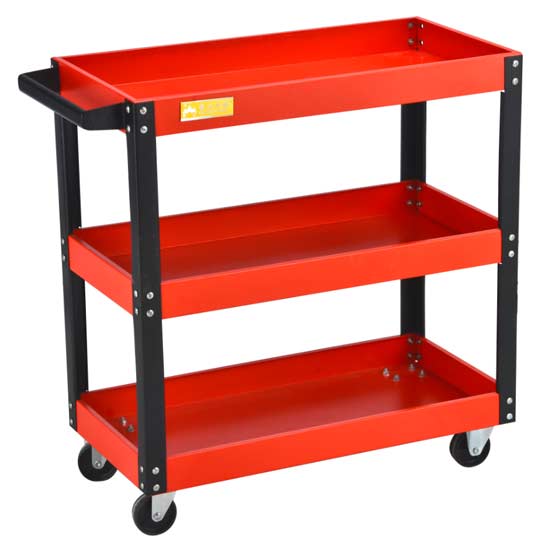 Red Steel Tool Trolley
Red Steel Tool Trolley
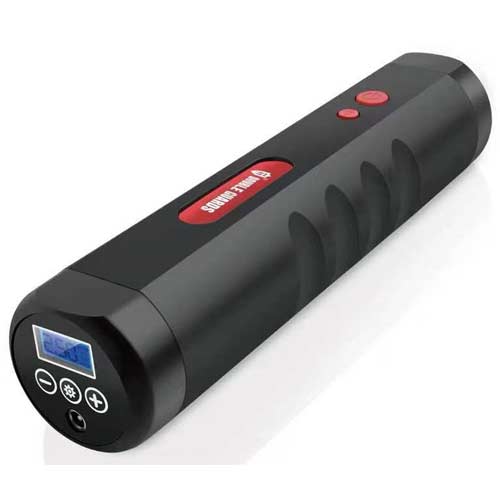 Portable Tire Inflator
Portable Tire Inflator
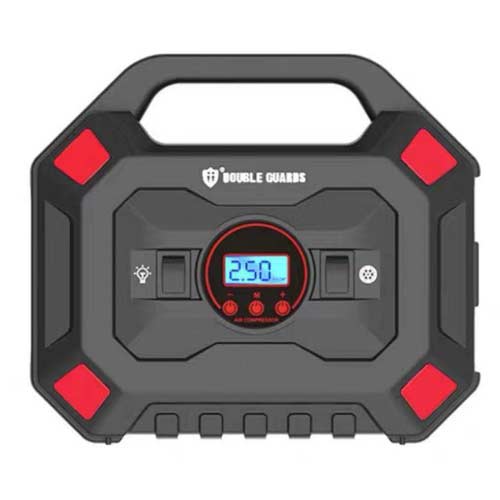 Custom Tire Inflator
Custom Tire Inflator
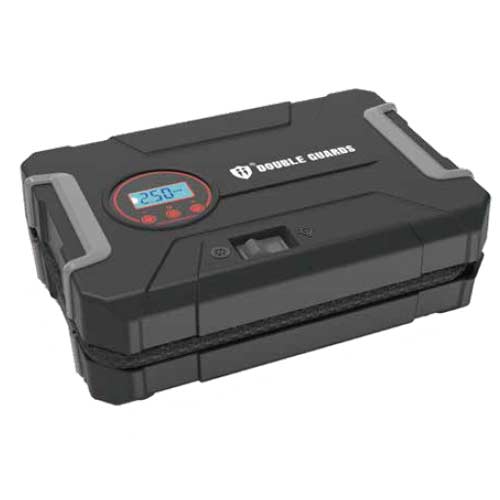 Tire Pressure Pump
Tire Pressure Pump
 Auto Emergency kit
Auto Emergency kit